BSc Single Honours Paramedic Science
Undergraduate
- Start date
- –
- Study mode
- –
- Course length
- –
- UCAS Code
- –
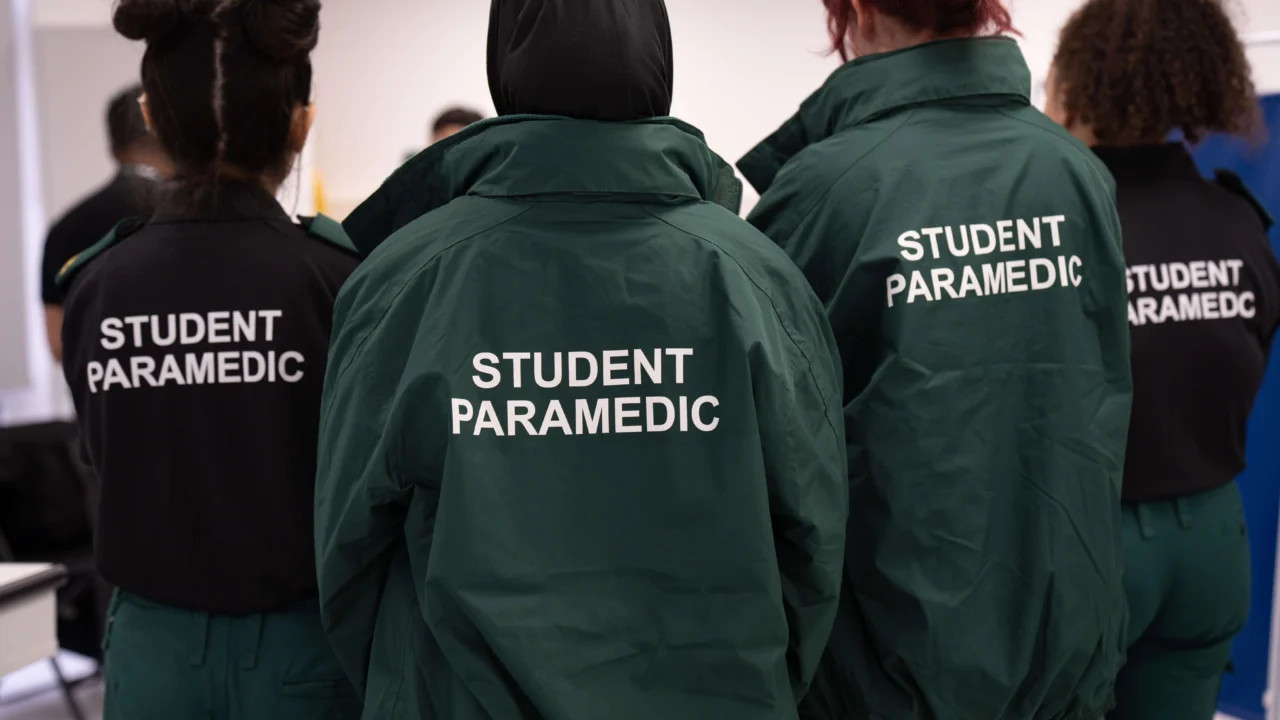
Interested in a different start date?
A rewarding career at the forefront of healthcare that transforms lives.
Paramedics are multiskilled professionals at the frontline of healthcare and emergency care delivery across many diverse settings. The role of a paramedic is ideal for those who want an engaging and stimulating profession that puts people at the centre of their care.
The BSc (Hons) Paramedic Science at Birmingham Newman University is designed to enable you to practice confidently, competently and safely across a range of established and emerging practice settings .The programme of study, will equip you with the essential knowledge and skills required to rise to the challenge of working in a profession delivering evidence-based effective and compassionate care across the lifespan.
Throughout the programme, you will be encouraged to develop your initiative, clinical reasoning and critical thinking as you learn to work flexibly in a range of diverse and challenging settings. You will be supported to develop a wide variety of practical skills and work calmly in high pressure situations whilst utilising dynamic planning skills.
Studying alongside other student healthcare professionals in the School of Nursing and Allied Health you will develop vital communication and interprofessional skills to enhance your practice and enrich patient care.
The programme will develop your theoretical knowledge and practical skills within both the university, via state-of-the-art simulation and through a variety of clinical practice environments.
This new BSc (Hons) represents your first step into a profession it is a privilege to join.
On successful completion of the course, you will be eligible to apply for registration with the Health and Care Professions Council.
Why Study this Course
– The curriculum has been designed to reflect the dynamic and evolving role of a paramedic in initiating care and immediate treatment in a range of settings.
– With our commitment to inter-professional learning, you will learn from and with other health care professionals to enhance your practice and patient care.
– You will learn from a highly experienced and passionate teaching team who will support you to achieve your goals
– We work with the ambulance service and a number of other clinical partners to give you essential exposure and practical experience in a variety of practice placements.
– You will benefit from our new clinical skills suite including a state-of-the-art immersive lab, specially designed paramedic workshop, and simulated ambulance.
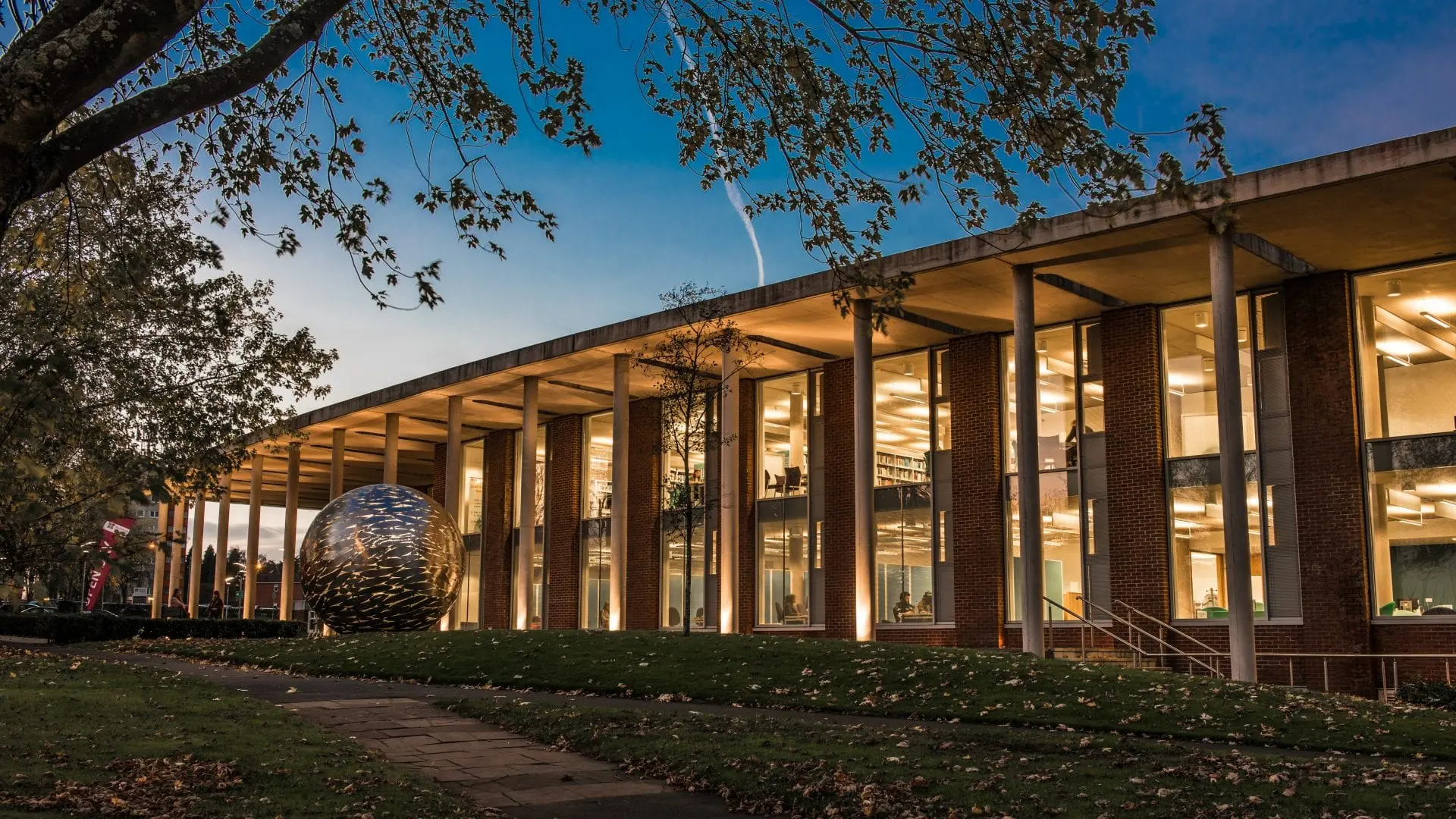
Got a question you’d like to ask?
Entry requirements
We welcome students from all backgrounds and accept a wide range of qualifications. If yours aren’t listed, don’t worry – our Admissions Team can help you explore your options. See full entry requirements.
• A-Level: Grade profile of BBC or 112 UCAS Tariff Points. To include a Science (Biology, Chemistry or Physics. Physical Education and/or Psychology are also acceptable)
• BTEC: Grade profile of DMM. This can be achieved from either an Extended National Diploma (Sport and Exercise Science, Health Science, Applied Science or Health and Social Care preferred) or a combination of smaller BTEC qualifications.
• T-levels: A T-levelin Health or Science with an overall Merit grade.
• Other Level 3 qualifications are accepted including Access qualifications.
Specific GCSE requirements:
• GCSE/IGCSE English Language and Maths grades 9-4/A*-C or equivalent
• GCSE/IGCSE Biology or Human Biology grade 9-4/A*-C or equivalent*
* Pass in a biology-focused module, e.g. anatomy and physiology, human biology, as part of a relevant Level 3 qualification is regarded as an equivalent for entrance.
If English is not your first language, you must have the following IELTS score:
· Undergraduate courses: A Secure English Language Test equivalent to IELTS 7.0 with a minimum of 6.5 in each component.
Other English language qualifications are also accepted. Please contact admissions for further information.
Non-Academic Requirements:
Success at Interview. The Admissions team will use the course entry requirements, as well as your personal statement, reference and any work experience information, to shortlist and invite successful candidates for interview. Candidates will be assessed at interview on their motivation and understanding of the role of a Paramedic.
Health checks. As part of the health clearance checks you will be required to provide information about your immunity and vaccination status. Candidates must prove they have been immunised against Rubella, Measles, Tuberculosis and Hepatitis B. We strongly recommend that all successful applicants (unless exempt on medical grounds) receive a full course of Covid-19 and Influenza vaccinations prior to commencing the course.
Occupational Health Clearance. Candidates must receive a satisfactory occupational health clearance prior to commencing the course.
DBS Clearance. Candidates must receive a satisfactory Disclosure and Barring System check prior to commencing the course.
Please contact Admissions if you have any questions.
Course fees
The tuition fee for academic year 2026/27 is: £9,790. Tuition fees for courses starting April to May 2026, fall within the 2025/26 academic cycle.
Fees for the 2025/26 academic year can be found on our Student Finance pages.
Additional costs
The University will review tuition fees and increase fees in line with any inflationary uplift as determined by the UK Government, if permitted by law or government policy, in subsequent years of your course. It is anticipated that such increases would be linked to RPI (the Retail Price Index excluding mortgage interest payments).
Check out our blog/news/events
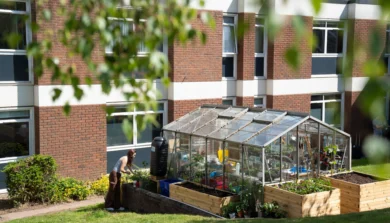
Birmingham Newman Celebrates Green Week 2026 with Campus‑Wide Events
Birmingham Newman will host its annual Green Week from 23 to 27 February 2026, bringing…

Research that makes a difference: Mark Holland wins Most Impactful Project Award
In December, we held our Staff Awards, where we recognised the outstanding achievements of colleagues…

Sports Coaching students Deliver Coaching Sessions for Local Primary Pupils
Birmingham Newman University recently welcomed pupils from St Peter’s Primary School to campus as part…

Vice-Chancellor Professor Jackie Dunne awarded MBE in New Year Honours
Vice-Chancellor of Birmingham Newman University receives an MBE for services to Higher Education.

Birmingham Newman University Celebrates Staff Achievements at Annual Awards
Birmingham Newman University celebrates its staff at the Annual Staff Awards Celebration.

Book an open day
Find out about our next open day. Book now to secure your place.
Practice Placements
As part of the BSc (Hons) Paramedic Science, you will be provided with practice placements to develop your paramedic skills and knowledge. Placements will take place in each year of the three years of your programme.
Your initial care based placement in year one, focuses on developing your professional responsibilities including communication and patient safety. This may take place in an acute or community setting.
You will complete a significant proportion of your placements with our partners in West Midlands Ambulance Service University NHS Trust at a location anywhere within the West Midlands and potentially into neighbouring counties.
As you progress through your course, you may undertake practice placements in practice areas outside of the Ambulance Service. This commitment reflects the emerging scope of practice of Paramedics and provides opportunities to experience these areas prior to qualification.
You should be aware that placements are valuable learning experiences and cannot be chosen. While on placement you will be supported, supervised and assessed by practice and academic staff to develop your knowledge and skills and achieve your competencies.
As part of the programme you will be required to successfully complete manual handling training and a mandatory assessment. This assessment includes carrying a weighted mannikin up and down the stairs using appropriate equipment.

What Careers Could I Consider
On successful completion of the course, you will be eligible to apply for registration with the HCPC as a paramedic*.
Many paramedics have lifelong careers within NHS Emergency Ambulance Services which may offer a variety of roles (dependent on Trust) such as:
– Double crewed ambulance (DCA) Emergency Clinician
– Solo Rapid Response Clinicians (RRV)
– Advanced or Emergency critical care practitioners (ACP/ECP)
– Operation or Clinical Management roles
– Hear and Treat (control room) Clinicians
– Hazardous Area Response Team Paramedics (HART)
– Helicopter Emergency Medical Services (HEMS)
*Please be aware that a valid UK driving license is necessary including a C1 category for employment within an ambulance trust. Whilst it is not a requirement at this stage it is strongly recommended that you are working towards this during your course if you do not already hold one.
**At the stage of employability some ambulance services require you to pass physical fitness tests to join.
The rapidly evolving nature of the paramedic profession now provides a multiplicity of emerging roles both within the NHS and private services.
Within the NHS there are roles with Primary Care, See and Treat, Community and Frailty Care, 111 Hear and Treat Services, Minor Injuries Units and many others.
Other roles include Off-shore medicine, Armed Forces and Remote Medics, private ambulance response services.
Accreditations & Exemptions
This course is accredited by the Health and Care Professions Council (HCPC)
Additional Costs
There are a number of costs associated with this programme of study:
Placement expenses (essential)
There may be some costs for travel or temporary accommodation associated with placements. Please note that for placements within emergency ambulance settings there is a requirement to travel to and from placement during unsocial hours which may incur additional costs or challenges. Personal use of a car is advisable although not mandatory. The NHS Learning Support Fund can assist with these costs. For Information regarding the fund including what it covers, and eligibility criteria please see: https://www.nhsbsa.nhs.uk/nhs-learning-support-fund-lsf
General Costs (optional)
We recommend that you budget £75 a year for photocopying, memory sticks, printing charges, binding and specialist printing.
Books (optional)
All module essential texts will be available for you to access via the University library but in limited numbers for physical copies. If you choose to purchase your own copy, books can cost up to £60 each.
Accommodation and living costs (essential)
The cost of accommodation and other living costs are not included within your course fees.
Courses we think you'll also like
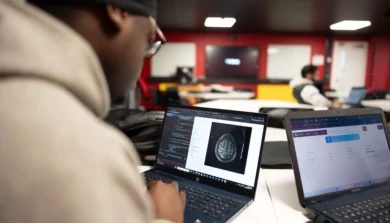
BSc Single Honours Computer Science with Cyber Security
- Start date:
- September 2026

BSc Single Honours Computer Science with Artificial Intelligence
- Start date:
- September 2026

BSc Single Honours Computer Science
- Start date:
- September 2026
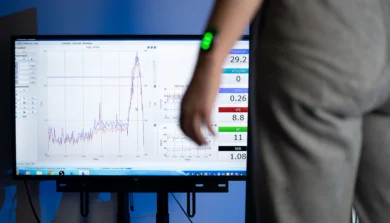
BSc Single Honours Sport and Exercise Science (Top-Up)
- Start date:
- September 2026
